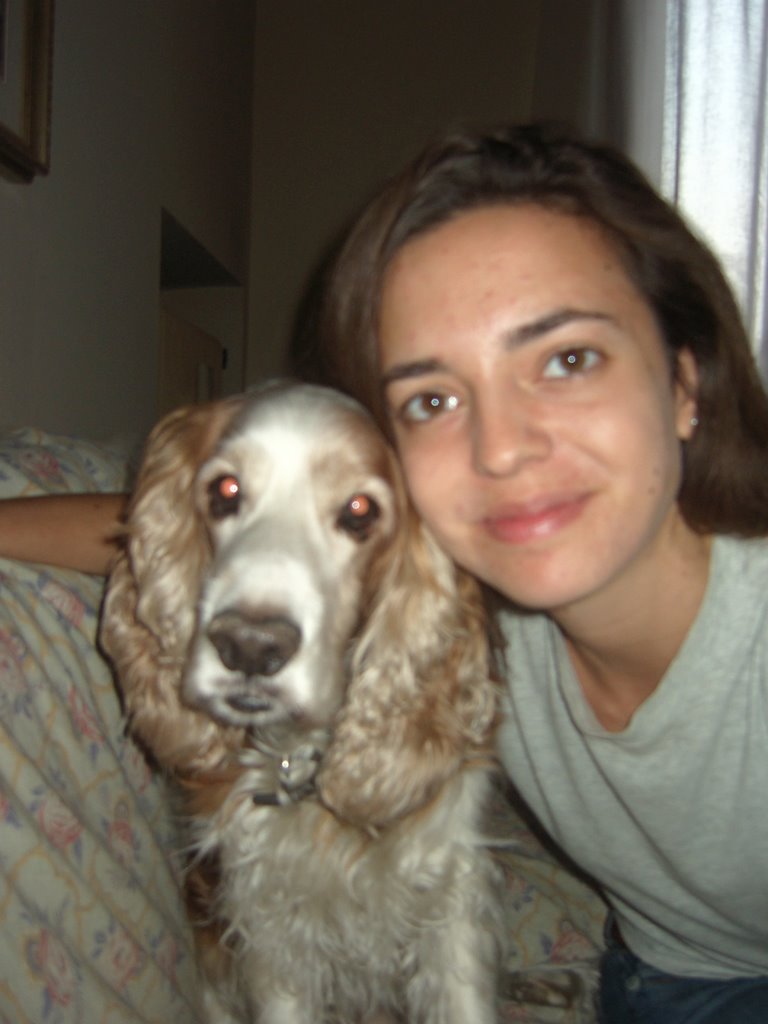WIKI EXPERIENCE II
This week we worked again on the contributions we did last week in edutech wiki. It was our first experience as wiki-authors and as such we still had to learn some things. Our teacher Sarah gave us some links from the Purdue University’s online writing lab (OWL), which I found very useful for the kind of mistakes we all did in our contributions.
First of all, one of our main problems was quoting. Personally, I already knew how important it is to use your own words when writing. But I always had difficulties doing it and thanks to some pages on ‘paraphrasing’ and ‘summarising’ in the OWL site, I learned some tricks to paraphrase or summerize effectively my sources. In my contribution I had quoted three or four entire sentences and after reading these hints I was able to eliminate some quotation marks.
Another problem I had was the one of the references to websites or Internet articles. Always in the OWL site there is a clear an exhaustive page on this topic. After reading it I corrected my bibliography and now I know how it must be done.
Furthermore, I learned some more essential characteristics of a wiki text, such as, for example, the internal links to other pages in the wiki, which I had not added in my contribution of last week, and the highlighting of important words in bold to make the reading easier.
So even if my last week’s fear of not being good enough to write on a wiki has know just reduced a little but not gone away, now at least I am sure of doing correctly the things I learned this week.
Isabella
This week we worked again on the contributions we did last week in edutech wiki. It was our first experience as wiki-authors and as such we still had to learn some things. Our teacher Sarah gave us some links from the Purdue University’s online writing lab (OWL), which I found very useful for the kind of mistakes we all did in our contributions.
First of all, one of our main problems was quoting. Personally, I already knew how important it is to use your own words when writing. But I always had difficulties doing it and thanks to some pages on ‘paraphrasing’ and ‘summarising’ in the OWL site, I learned some tricks to paraphrase or summerize effectively my sources. In my contribution I had quoted three or four entire sentences and after reading these hints I was able to eliminate some quotation marks.
Another problem I had was the one of the references to websites or Internet articles. Always in the OWL site there is a clear an exhaustive page on this topic. After reading it I corrected my bibliography and now I know how it must be done.
Furthermore, I learned some more essential characteristics of a wiki text, such as, for example, the internal links to other pages in the wiki, which I had not added in my contribution of last week, and the highlighting of important words in bold to make the reading easier.
So even if my last week’s fear of not being good enough to write on a wiki has know just reduced a little but not gone away, now at least I am sure of doing correctly the things I learned this week.
Isabella

